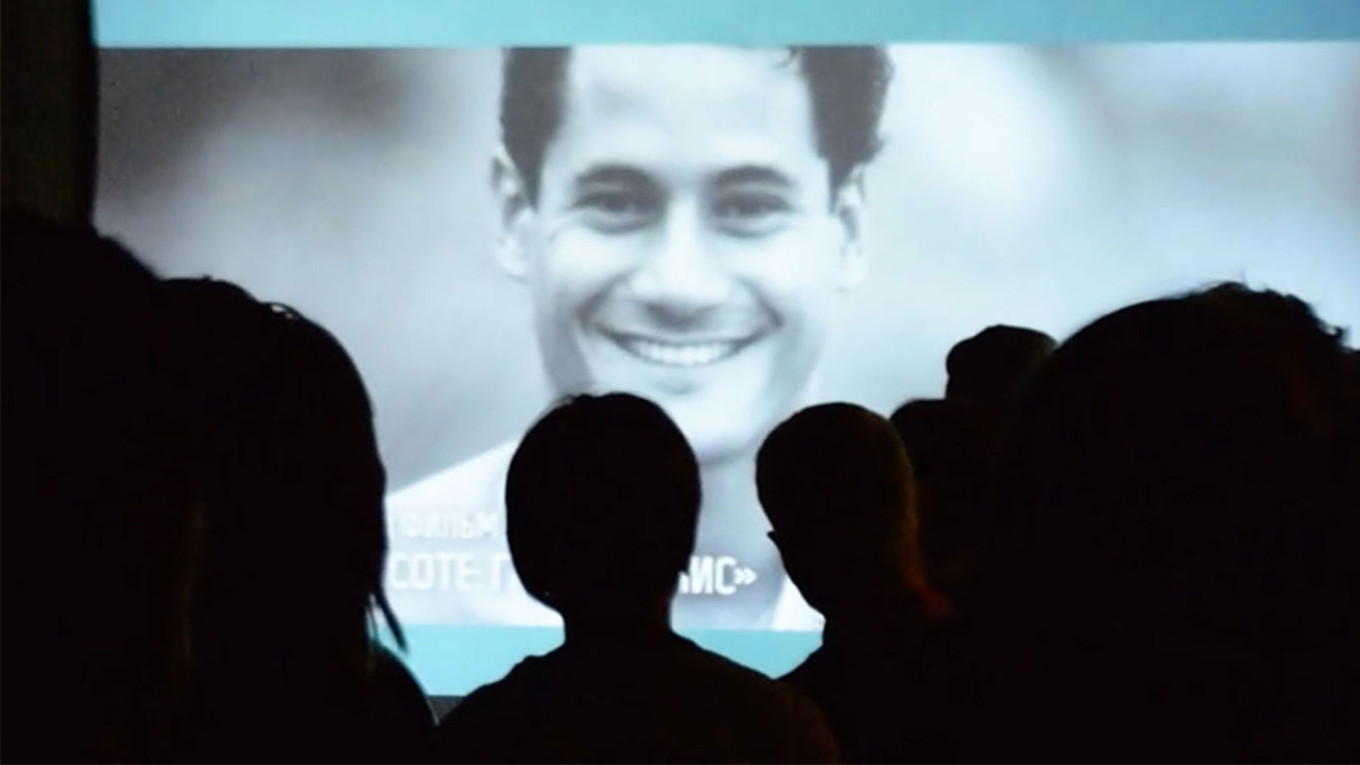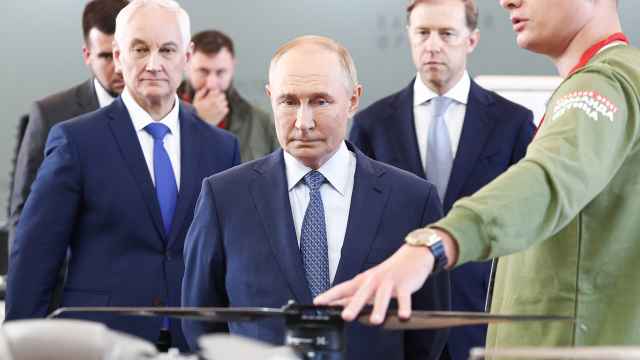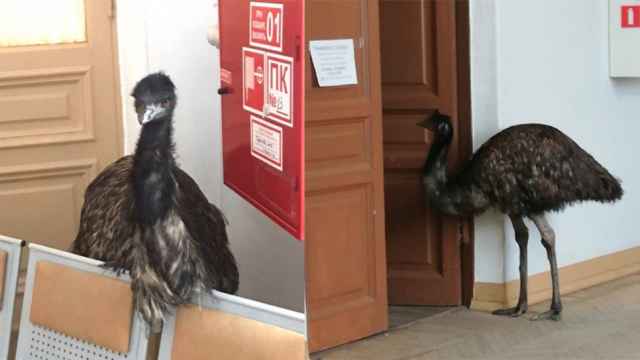Like many other independent Russian journalists, the staff of the St. Petersburg-based news website Bumaga relocated to the Georgian capital of Tbilisi last year to avoid censorship, fines or imprisonment amid their country’s wartime crackdown on the free press.
Once the dust settled from their relocation, they faced a new challenge: Staying connected with their readers still inside Russia, who faced growing curbs on their online activity.
To solve this quandary, Bumaga launched its own virtual private network (VPN) service, a newsletter, a dual-language media project about Georgia and a podcast in English — all in less than six months.
“The first thing we want to do is to support our audience,” Bumaga editor-in-chief Tatiana Ivanova told The Moscow Times.
“We want to let people know that they are not alone.”
Bumaga is one of dozens of Russian media outlets, NGOs and activist groups forced into exile because of the Ukraine war that have come up with innovative ways to maintain links to audiences left behind in Russia — and establish new audiences abroad.
While most of these initiatives involve the use of cutting-edge technology, others have adopted more outdated mediums to circumvent Russia’s growing censorship, including email newsletters and even printed pamphlets.
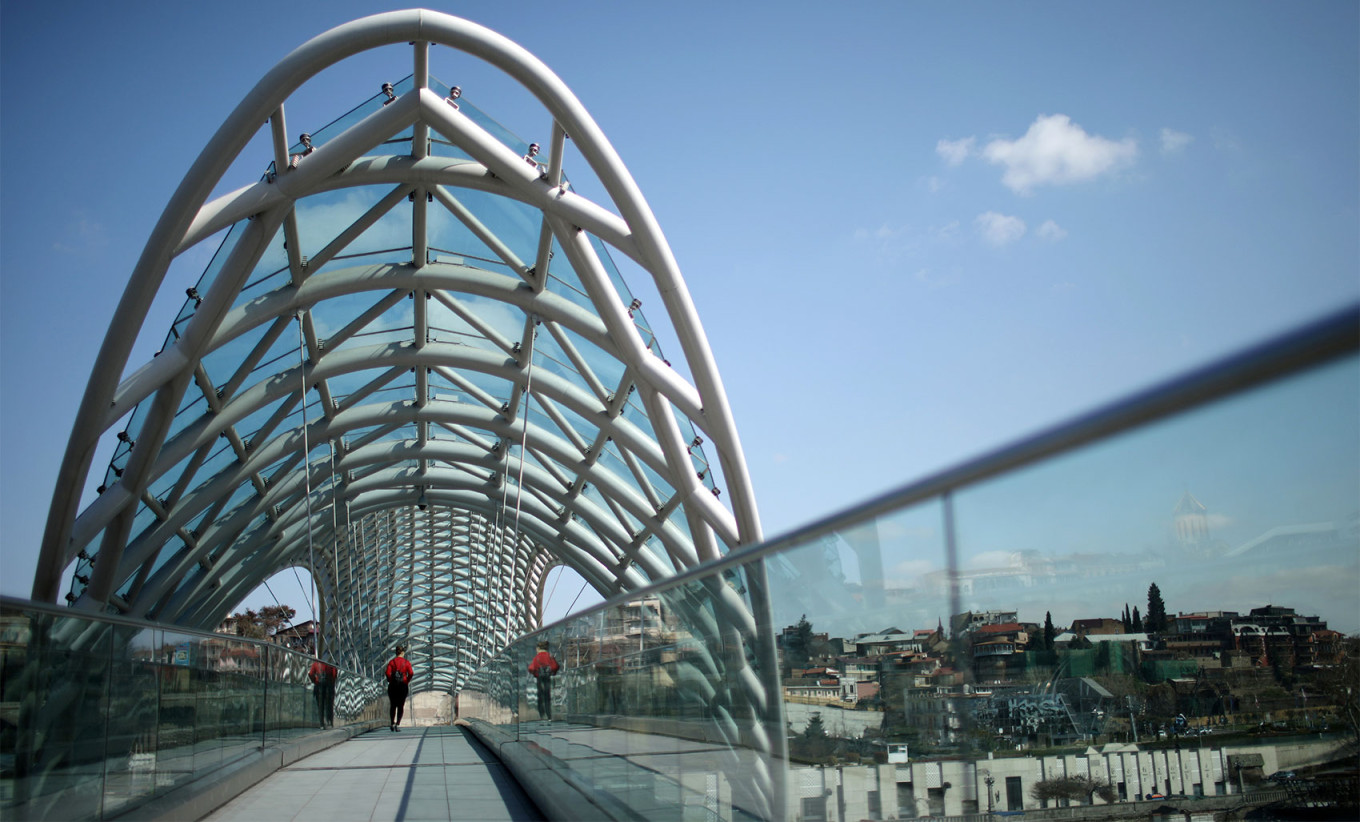
Bumaga’s VPN — which markets itself as a service “breaking down barriers” and costs just 1,200 rubles ($17) a year — is also a source of income for the outlet, which faces an uncertain financial future in the South Caucasus, over 2,500 kilometers from home.
“I am not sure how many independent publications can now rely only on donations, so [the VPN] is very important for us,” said Ivanova.
Over 9,000 people have bought a subscription to Bumaga’s VPN in its 11 months of operation — and the outlet has handed out a further 1,000 free subscriptions on humanitarian grounds.
Not only have Russia’s draconian wartime censorship laws criminalized any public opposition to the war, but according to online freedom NGO Roskomsvoboda, more than 247,000 internet resources were blocked in the country last year.
The blocks have included major social networks such as Facebook, Instagram and Twitter.
However, messaging app Telegram and video-streaming service YouTube remain accessible — making them effective ways to reach Russian audiences.
Telegram in particular has been a critical platform for projects run by Russia’s anti-war community.
For example, the Anti-War Fund — an initiative by labor rights groups Anti-Job and Antivoenny Bolnichny (Anti-War Sick Leave) — runs a Telegram bot that allows people from any region of Russia to get in touch with lawyers for free.
Some have resorted to email newsletters as a way to circumvent online restrictions.
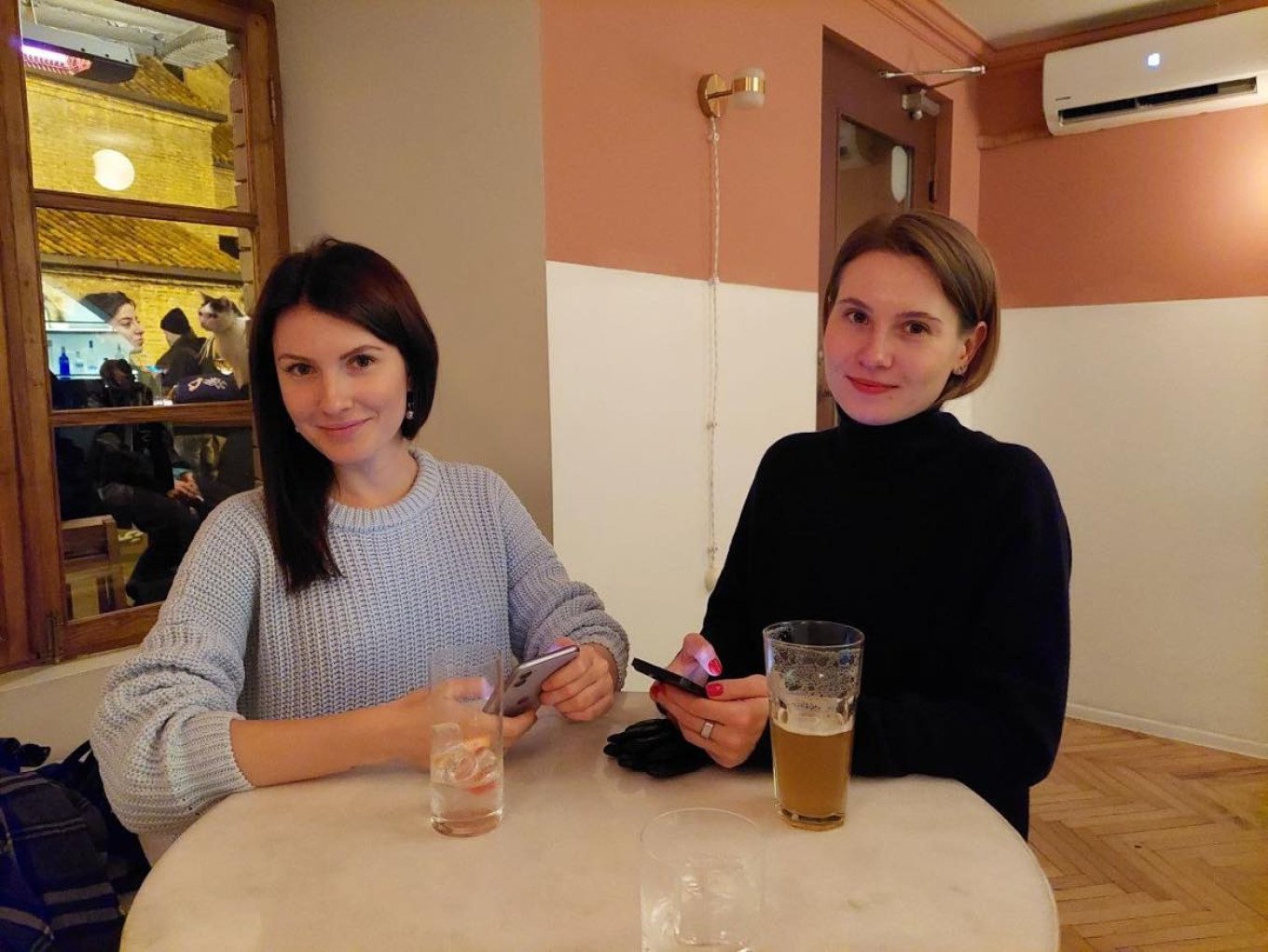
“When the war started it was clear that the government would ban all independent sources of information, so we tried to be prepared,” said Ivanova, whose Bumaga launched the newsletter Vdokh Vydokh (“Breathe in, Breathe out”) a few days after the invasion.
The global Feminist Anti-War Resistance network has even gone entirely offline with some of its wartime projects.
In May, the group set up a newspaper called “Zhenskaya Pravda” (Women’s Truth) that is printed inside Russia and distributed in public places. They have also encouraged their followers to write anti-war messages on coins and banknotes.
Oftentimes, media outlets and anti-war groups have tapped the experience of shifting online during the coronavirus pandemic as a blueprint for functioning in emigration.
For example, Side by Side, Russia’s only LGBT film festival — currently based in the Estonian capital Tallinn — continues to provide Russian-language information and run events online.
“The Covid-19 pandemic encouraged us to develop and further expand online events and resources,” said Side by Side founder Manny de Guerre. “This online content was to minimize levels of isolation, maintain the community and keep LGBTQ information accessible. The situation today makes the goals of these projects even more relevant.”
Despite the challenges of maintaining ties with communities in Russia, some groups have managed to increase their presence on the ground.
One of them is human rights group OVD-Info, which, while primarily based abroad since the start of the war, has expanded its network of volunteers and lawyers inside Russia.
“We are quite overloaded with wartime repressions but we are still standing firm and improving many of our services — such as our hotline and connections with lawyers in some regions where we have not had presence before,” said Dan Storyev, the managing editor for OVD-Info’s English-language version.
OVD-Info’s lawyers are present in 73 Russian cities where they help people who have been jailed, tortured or harassed by the authorities, Storyev told The Moscow Times.
For Vremya (Time), a youth democratic movement headquartered in St. Petersburg, organizers have canceled in-person meetings since the invasion of Ukraine and reduced its branches in Russia from 19 to just five.
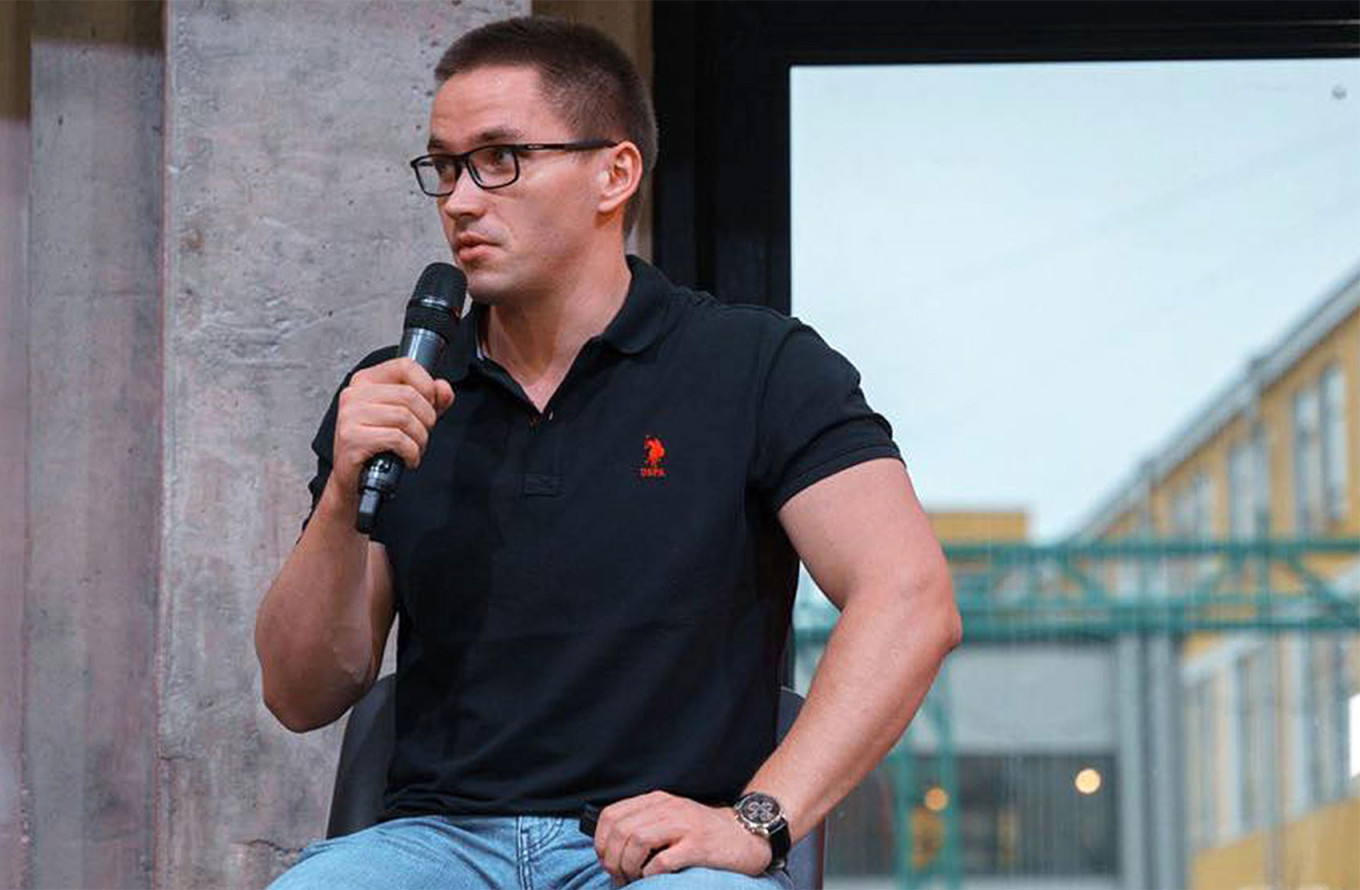
“We understand that if we end up behind bars we will be absolutely useless,” says Vremya founder Nikolai Artemenko, who moved to Tallinn after being detained at an anti-war protest shortly after the start of Russia’s invasion.
But it has ramped up its online activities, including offering practical training on organizing campaigns inside Russia, disseminating information and raising money.
“This is something we have been doing for three years, but now we are focusing only on anti-war initiatives,” said Artemenko.
However, Artemenko said he tries to stay realistic about the prospects for convincing large numbers of people inside Russia, who have access to few non-Kremlin-aligned information sources, about the reality of the war exclusively via the internet.
“It is impossible to fight with a little knife against a tank or a nuclear bomb,” he said.
In contrast, Bumaga’s Ivanova said she believes that building new links both with the outlet’s original community in St. Petersburg, as well as the emerging Russian diaspora communities abroad, is crucial to bringing the war to an end.
“Kremlin propaganda wants to make people believe that they are alone in their way of thinking, but they are not,” she said.
“We want to help [our audience] believe that St. Petersburg still exists and there are still good people there. That we haven’t lost our city.”
A Message from The Moscow Times:
Dear readers,
We are facing unprecedented challenges. Russia's Prosecutor General's Office has designated The Moscow Times as an "undesirable" organization, criminalizing our work and putting our staff at risk of prosecution. This follows our earlier unjust labeling as a "foreign agent."
These actions are direct attempts to silence independent journalism in Russia. The authorities claim our work "discredits the decisions of the Russian leadership." We see things differently: we strive to provide accurate, unbiased reporting on Russia.
We, the journalists of The Moscow Times, refuse to be silenced. But to continue our work, we need your help.
Your support, no matter how small, makes a world of difference. If you can, please support us monthly starting from just $2. It's quick to set up, and every contribution makes a significant impact.
By supporting The Moscow Times, you're defending open, independent journalism in the face of repression. Thank you for standing with us.
Remind me later.



